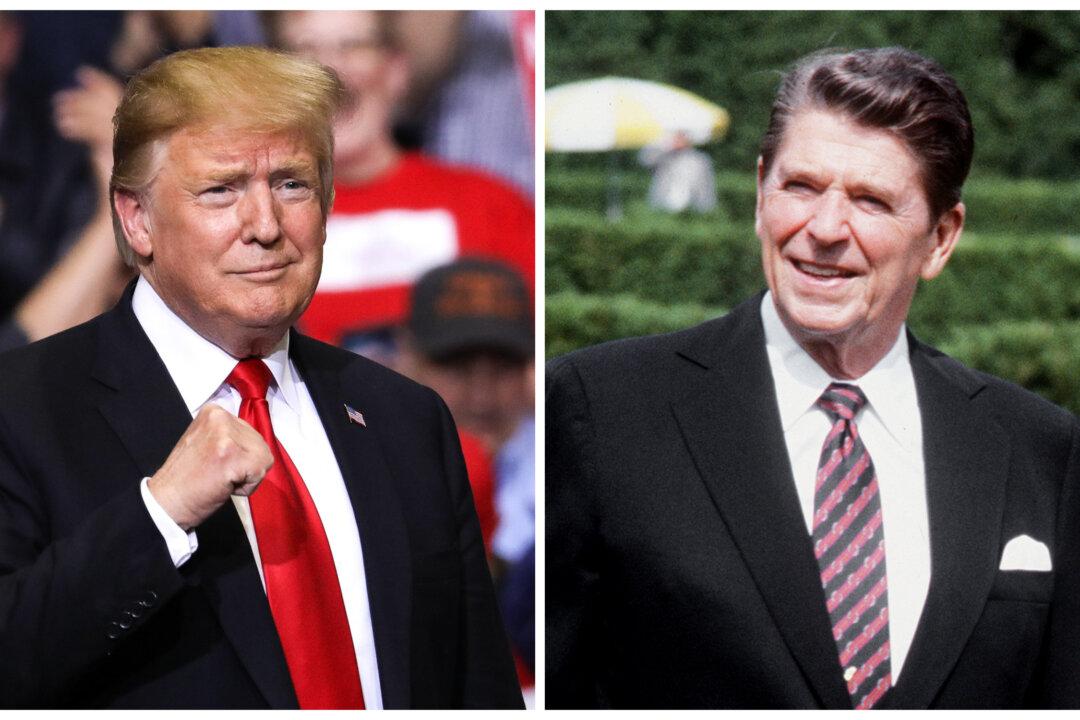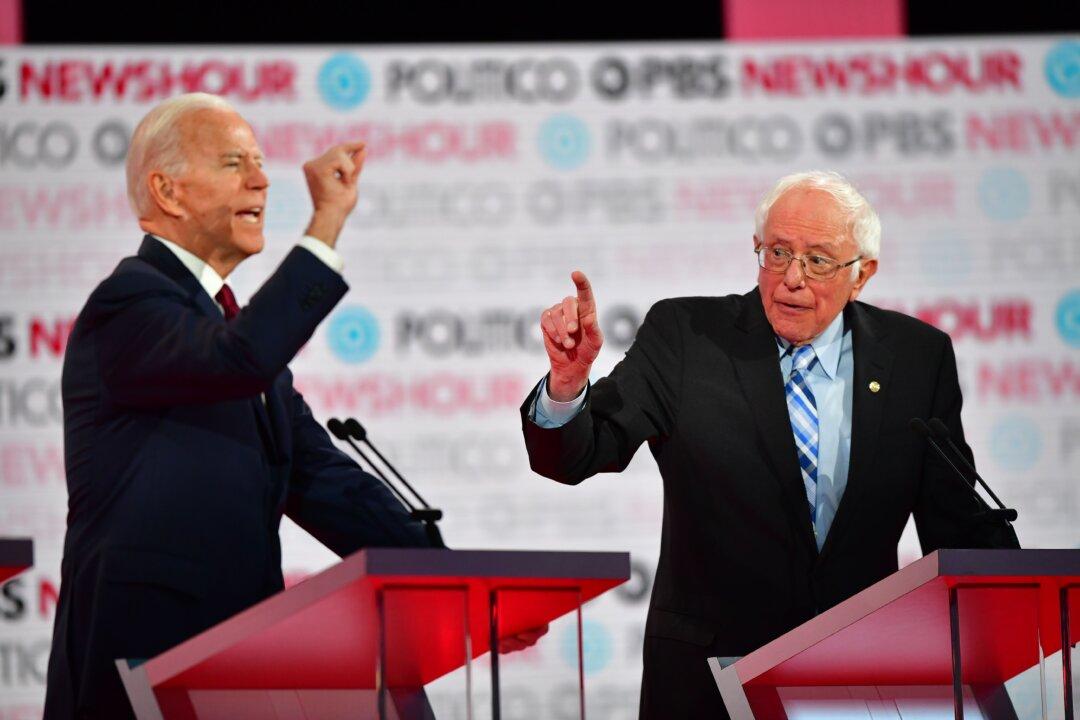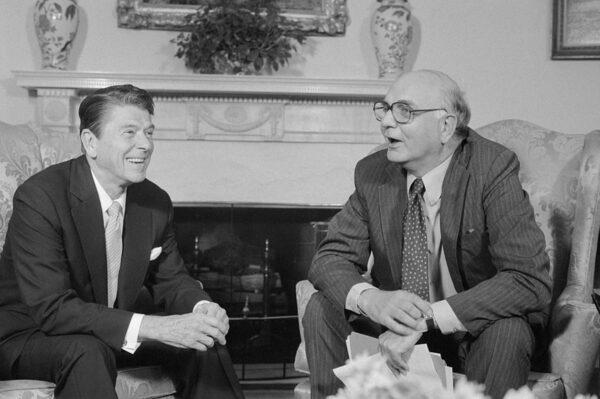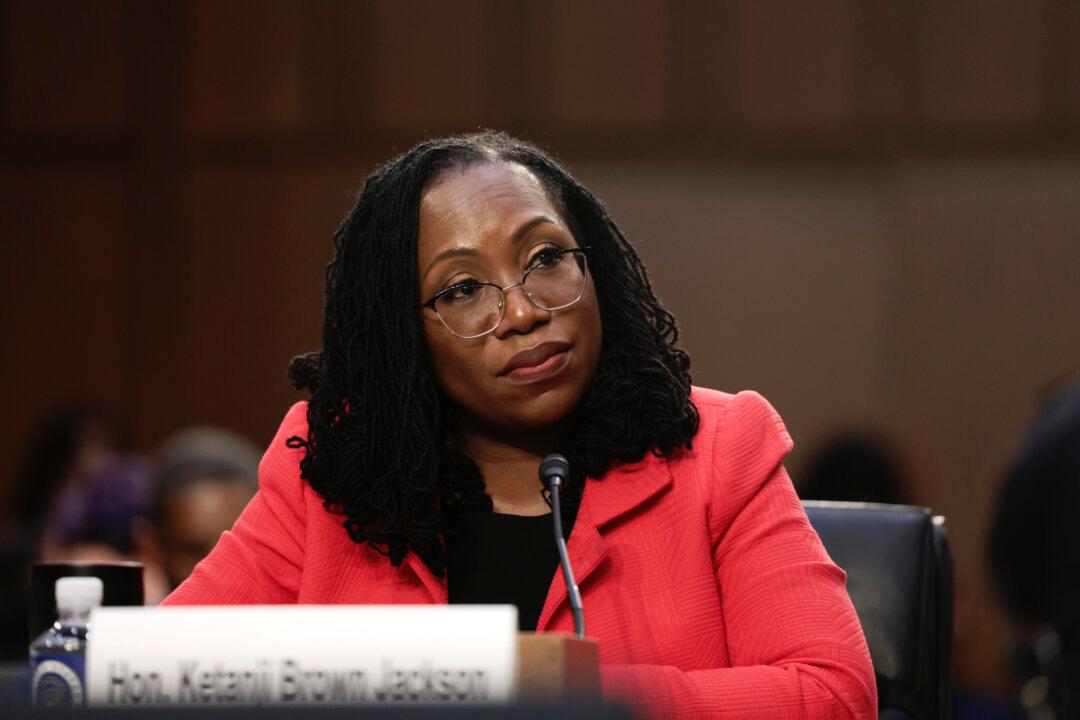The latest Zogby poll shows a majority of millennials now approve of President Donald Trump’s job performance. That is a stark change from recent years, and just like President Ronald Reagan in the 1980s, the rising economy is changing their mind.
It has been 30 years since Reagan was president. Much has changed since then. The federal budget was a quaint $590 billion when he was elected (about $1.5 trillion in today’s dollars) and will be $4.75 trillion in 2020.





